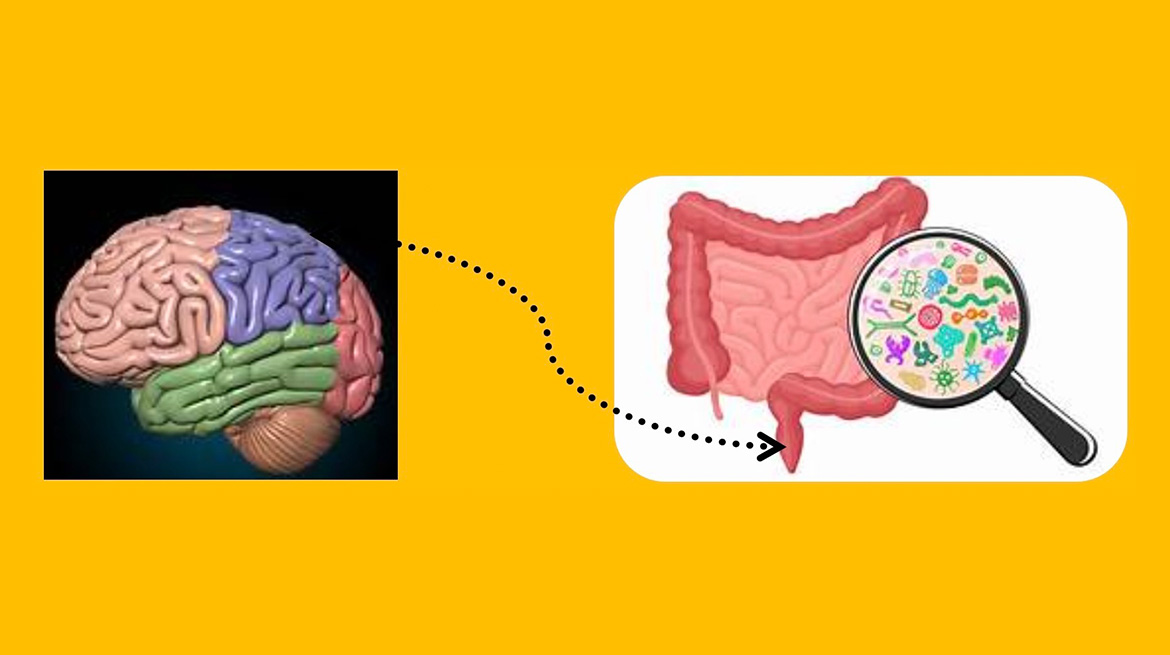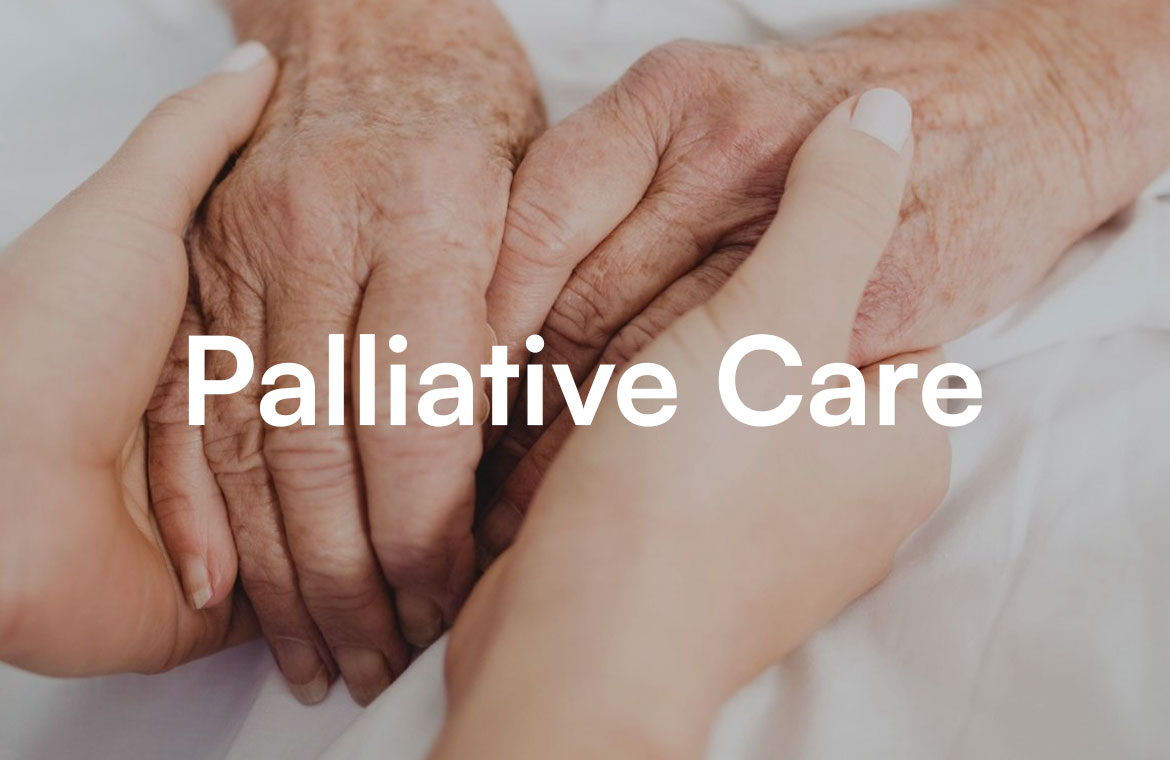“Your gut is like your second brain.” You’ve probably heard that before. If not, you’ve definitely come across the saying, “You are what you eat”. A content gut fosters a content mind, which is vital for improving your mental health, and it’s easier than you realize. By recognizing the connection between your gut and brain, incorporating a mindful eating pattern , you can embark on a journey towards a more positive future.
Comprehending the Gut-Brain Relationship
I may astonish you, but there exists a profound connection between your gut and your brain and acknowledging this intricate relationship can enhance your mental well-being naturally.
The Gut-Brain Axis1 is a complex web of nerves, hormones, and chemicals that enables communication between the gut and the brain. It’s a two-way communication system that affects both gut health and mental wellness. A healthy gut sends good vibes to the brain, helping keep your mood steady and your mind sharp. On the flip side, if your gut isn’t doing well, it can send bad signals to your brain, which might lead to mental health problems. Thus this system impacts various functions in the body, including how we digest food, manage our mood, and respond to immune challenges.1,2
Now let us comprehend how these two concepts are intricately intertwined.

Figure 1- The gut-brain axis mechanism1
Hormones from your gut or brain play a role in how the axis works. Take Ghrelin, for instance—this appetite hormone produced in your stomach tells your brain it’s time to eat when you’re feeling hungry.2
The gastrointestinal tract harbors a plethora of immune cells alongside a vast consortium of microscopic organisms referred to as microbiota. These cells and microbiota possess the capacity to interface with the brain, thereby influencing our emotional states and behaviors. Furthermore, each individual has a unique microbiota, and that’s what makes our reactions to different foods, beverages, and drugs vary. 3
The gut plays a significant role in our immune system, and when there is any inflammation or infection present, it can elicit stress signals to the brain, potentially resulting in mood disturbances such as anxiety and depression.4
The vagus nerve, the longest nerve in the human body,functions as a crucial conduit between the brain and the gastrointestinal tract, enabling intricate communication between these two vital organs and influencing essential processes such as digestion, cardiac rhythm, and emotional well-being. 5
Neurotransmitters, including serotonin, dopamine, and gamma-aminobutyric acid (GABA), serve as the body’s chemical messengers and are primarily synthesized in the gastrointestinal tract. These biochemical agents can profoundly influence mood, appetite, and a myriad of other behavioral factors so any imbalances in the gut can disrupt production of these neurotransmitters. 6
Consider those times following your nights out and heavy drinking. You may recall how your mood shifts once the calming effects of alcohol wear off. Feelings of irritability, anxiety, and sadness can arise due to the connection between your mind and gut. Another common example is our cravings for chocolate and caffeine. Even if we grow weary of chocolate, the desire for it remains.
Now let us contemplate why we experience such feelings; it is because sugar and caffeine stimulate the release of dopamine, a neurotransmitter intricately linked to pleasure and the sensation of well-being. Indeed, they do elicit a transient sense of euphoria, yet their effects are fleeting, culminating in subsequent mood declines. 7
Strategies For Gut Health And Mindfulness Practices8,9
Eating healthy is fundamental to overall wellness, To mitigate these gut-related emotional fluctuations, embracing a more nutritious diet and a balanced meal abundant in unprocessed foods and fruits presents a commendable alternative.
Loading up on fiber-rich and plant-based foods can boost your gut microbiome, which is crucial for gut health, also incorporating probiotics into your routine can also boost the good bacteria in your gut and support better digestion, potentially alleviating mental health challenges such as mood disorders, brain fog, and emotional changes.
Adding regular workouts to your daily life can significantly boost your mental well-being. Utilizing relaxation techniques such as yoga, meditation, and deep breathing can effectively plus connecting with nature can ease stress and anxiety, leading to a better overall mood.
Incorporating regular social activities into your lifestyle can help decrease loneliness and depression, also engaging in honest discussions with loved ones can help ease your stress and lighten your load.
But, if you find it challenging to handle your stress or mental health on your own, consulting a professional may be the most effective approach to achieving your goals.
To conclude , I believe that adopting a healthy and mindful eating approach is the most beneficial way to live.
References –
- Rathore K, Shukla N, Naik S, Sambhav K, Dange K, Bhuyan D, Imranul Haq QM. The Bidirectional Relationship Between the Gut Microbiome and Mental Health: A Comprehensive Review. Cureus. 2025 Mar 19;17(3)
- Nogueiras R. MECHANISMS IN ENDOCRINOLOGY: The gut-brain axis: regulating energy balance independent of food intake. Eur J Endocrinol. 2021 Aug 3;185(3):R75-R91.
- Appleton J. The Gut-Brain Axis: Influence of Microbiota on Mood and Mental Health. Integr Med (Encinitas). 2018 Aug;17(4):28-32.
- Yoo JY, Groer M, Dutra SVO, Sarkar A, McSkimming DI. Gut Microbiota and Immune System Interactions. Microorganisms. 2020 Oct 15;8(10):1587.
- Wang Y, Duan C, Du X, et al. Vagus Nerve and Gut-Brain Communication. The Neuroscientist. 2024
- Gasmi A, Nasreen A, Menzel A, Gasmi Benahmed A, Pivina L, Noor S, Peana M, Chirumbolo S, Bjørklund G. Neurotransmitters Regulation and Food Intake: The Role of Dietary Sources in Neurotransmission. Molecules. 2022 Dec 26;28(1):210.
- Bromberg-Martin ES, Matsumoto M, Hikosaka O. Dopamine in motivational control: rewarding, aversive, and alerting. Neuron. 2010 Dec 9;68(5):815-34.




